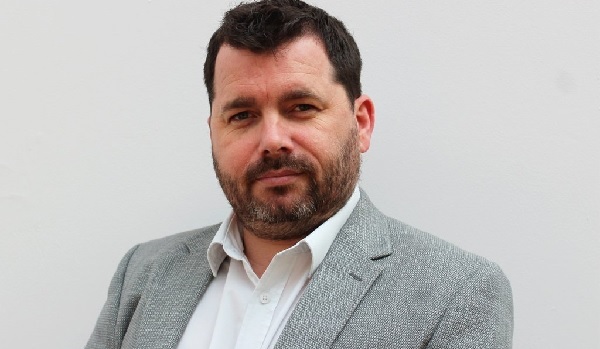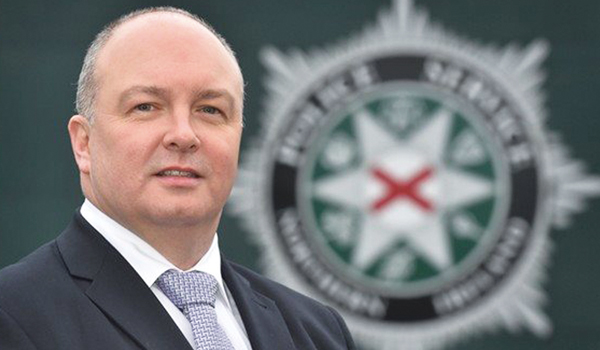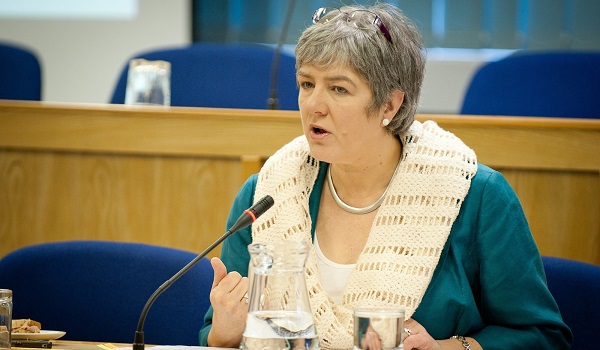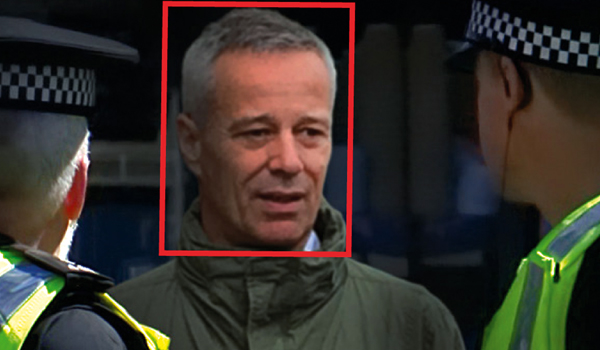PFEW calls for all officers protecting Donald Trump to receive ‘Overnight Allowances’
The Police Federation of England and Wales (PFEW) has accused police leaders of “dragging their heels” after it emerged some officers won’t receive extra pay for providing mutual aid during the visit of the 45th President of the United States of America.
Donald Trump is scheduled to land in England on the night of July 12 for talks at number ten Downing Street with Prime Minister Theresa May and could also meet the Queen.
In order to ensure the President’s safety, thousands of police officers will be moved around the country, with many having to stay away from their home forces to cover the locations Mr Trump will be visiting.
“To say this is a logistically challenging event is an understatement,” PFEW Operational Policing lead Simon Kempton said. “In fact, it is unprecedented in its policing demands”.
Not only will this leave some forces under additional pressure, but a loophole means many officers will not automatically qualify for ‘Overnight Allowances’.
To qualify for the extra £50, an officer must be ‘held in reserve’. And for an officer to be held in reserve, they must meet all three of the following criteria:
Be away from their normal place of duty;
Be required to stay in a ‘particular, specified place’ overnight, rather than being allowed home; and
By reason of the need to be ready for immediate deployment.
Mr Kempton described the third requirement as the “sticking point”, as you must be “actively on stand-by” to qualify for the payment.
Mutual aid is also not always undertaken as a choice. Some officers are lawfully ordered to go where they are needed.
Although it is a part of the job that many officers enjoy, Mr Kempton said the “goodwill and enthusiasm” will not last very long if officers feel as if they are being exploited.
Some chief officers have already agreed to pay their officers who are away from home – such as Chief Constable Andy Rhodes of Lancashire Constabulary – but others are still “dragging their heels”, according to Mr Kempton.
He added: “I accept that money is short. I know we have all had to tighten our belts and our purse strings. But this is not the way to do it. If these payments are withheld the cost is more than fiscal.
“Officers are facing unprecedented demands with diminishing resources. Mutual aid and the need for national deployments are a natural consequence of the reduction in police force numbers. Every time it happens it has an impact on officers, and the public who then get a reduced service as a result.
“We simply don’t have the resilience we did and, therefore, sometimes officers need to be mobilised to provide the necessary cover. And as these incidents become more common the need for clarity surrounding this allowance increases.”
Hampshire Police Federation chair John Apter tweeted: “For chiefs who have agreed to the principles of Police Regs and pay the overnight allowance for officers covering the Presidential visit, well done. You have shown leadership. To those who haven’t, please rethink. This is a kick in the teeth which officers don’t deserve.”
The PFEW is currently taking legal advice regarding the rights of officers deployed on mutual aid, what recourse it has as an organisation to pursue the additional payments through the courts, and clarifying what restrictions can be placed on officers who are deployed, but are not deemed to qualify for the allowance.







